Category: Federal
-
U.S. Representative Tom Rice tests positive for coronavirus
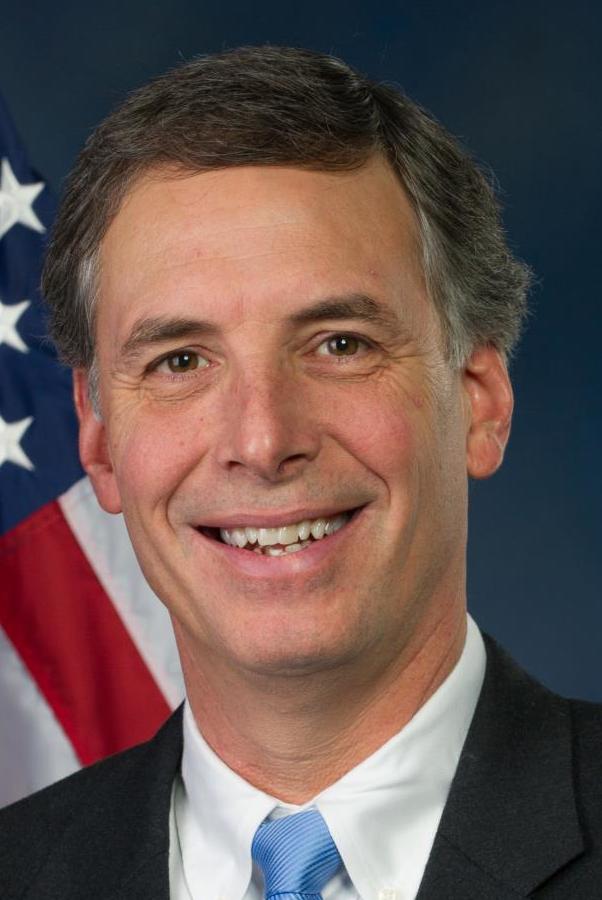
On June 15, Rep. Tom Rice (R-S.C.) announced that he had tested positive for COVID-19, the disease caused by the novel coronavirus. In a Facebook post, he said his wife and son also tested positive for the virus. Rice has represented South Carolina’s 7th Congressional District since 2013. Ballotpedia tracks politicians and government officials who…
-
Filing deadline passes for congressional candidates in Connecticut, New Hampshire

On June 11 and June 12, the major-party filing deadline passed to run for U.S. Congress in Connecticut and New Hampshire, respectively. The Connecticut filing deadline had previously been June 9, but it was moved to June 11 by Governor Ned Lamont’s (D) executive order in response to the coronavirus pandemic. In Connecticut, neither U.S. Senate seat…
-
Federal Register weekly update; highest weekly document total since March
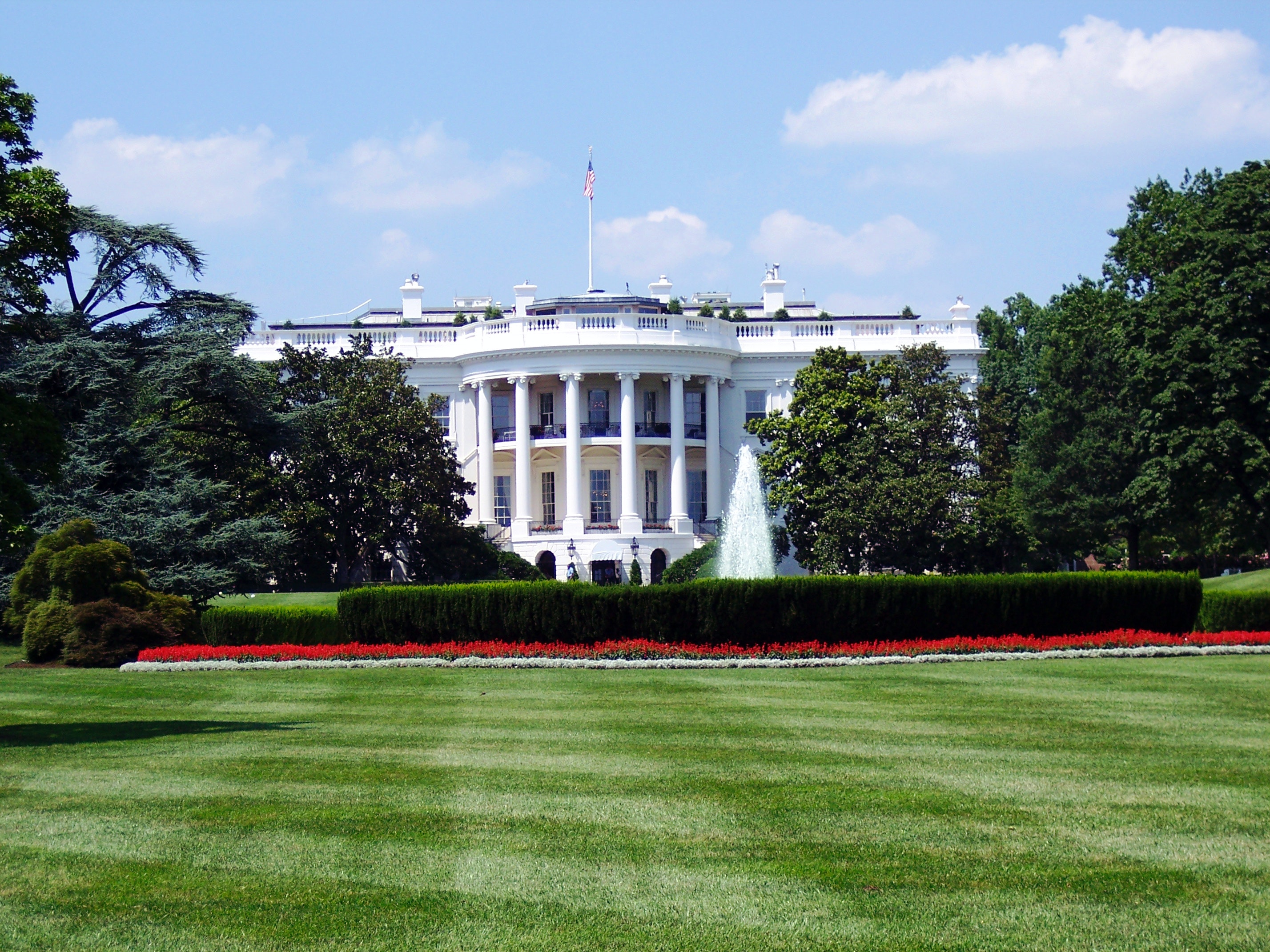
The Federal Register is a daily journal of federal government activity that includes presidential documents, proposed and final rules, and public notices. It is a common measure of an administration’s regulatory activity. From June 1 to June 5, the Federal Register grew by 1,980 pages for a year-to-date total of 34,956 pages. Over the same…
-
Trump vetoes CRA resolution that aimed to block student loan rule

On May 29, President Trump vetoed a resolution passed under the Congressional Review Act (CRA) to block a U.S. Department of Education (DOE) rule related to government forgiveness of certain student loan debt. Congress would now have to override his veto to block the rule. In his veto message, Trump said, “Whereas the last administration…
-
Ossoff wins Senate primary in Georgia outright
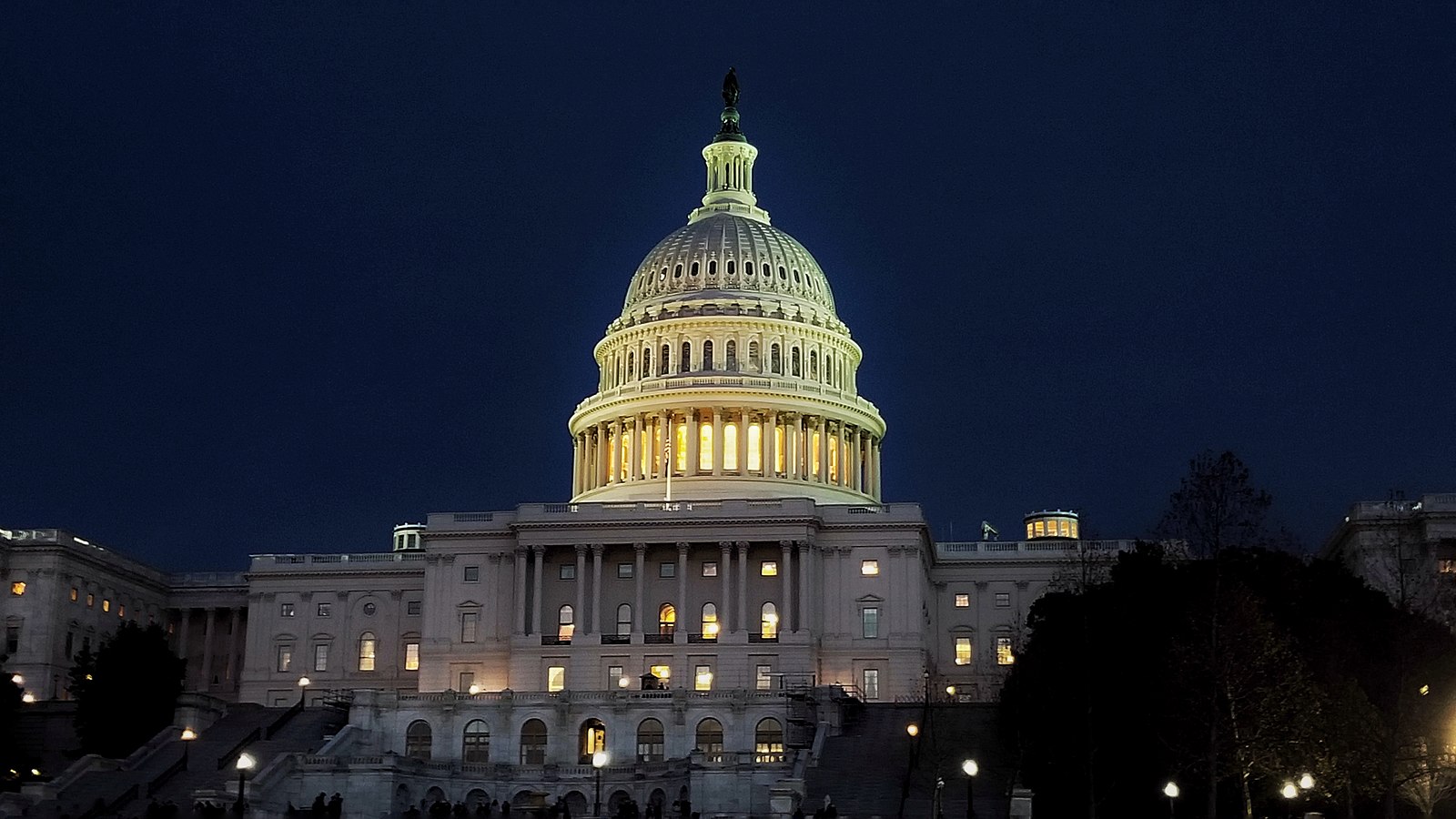
Jon Ossoff won the Democratic primary for U.S. Senate in Georgia outright on June 9, having received more than 50% of the vote. The Associated Press called the race on June 10 as votes continued to be counted. With 95% of precincts reporting, Ossoff received 51.1% of votes. Teresa Tomlinson was second with 15%, and…
-
Voters decided congressional primaries in five states June 9

Five states—Georgia, Nevada, North Dakota, South Carolina, and West Virginia—held congressional primaries on June 9, 2020. Winners of the primaries either advanced to primary runoffs or to general elections, depending on the state’s election system. The primary runoff in Georgia is August 11, and the primary runoff in South Carolina is June 23. The other…
-
Gurtler and Clyde advance to Republican primary runoff in Georgia’s 9th Congressional District
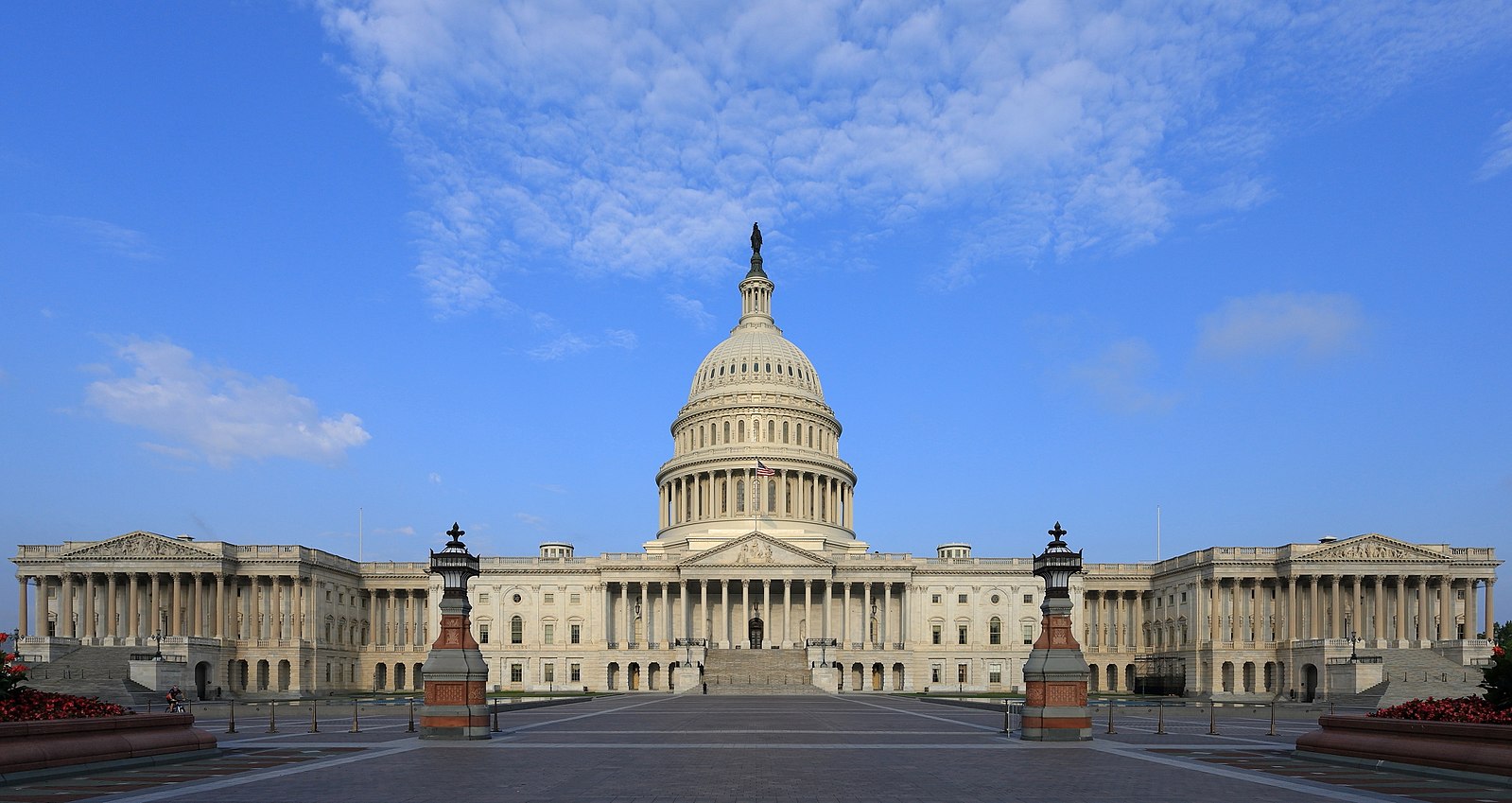
State Rep. Matt Gurtler and Andrew Clyde defeated seven other candidates to advance to an August 11 Republican primary runoff in Georgia’s 9th Congressional District. Incumbent Rep. Doug Collins (R) is not seeking re-election, leaving the seat open. As of 11:00 a.m. Eastern Time, Gurtler had received 22% of the vote followed by Clyde with…
-
2,946 major party candidates filed for 2020 Congress elections

As of June 8, 2,946 major party candidates have filed to run for the U.S. Senate and House of Representatives in 2020. So far, 442 candidates are filed with the Federal Election Commission (FEC) to run for U.S. Senate. Of those, 355—180 Democrats and 175 Republicans—are from one of the two major political parties. In…
-
Supreme Court issues opinion in one case on June 8
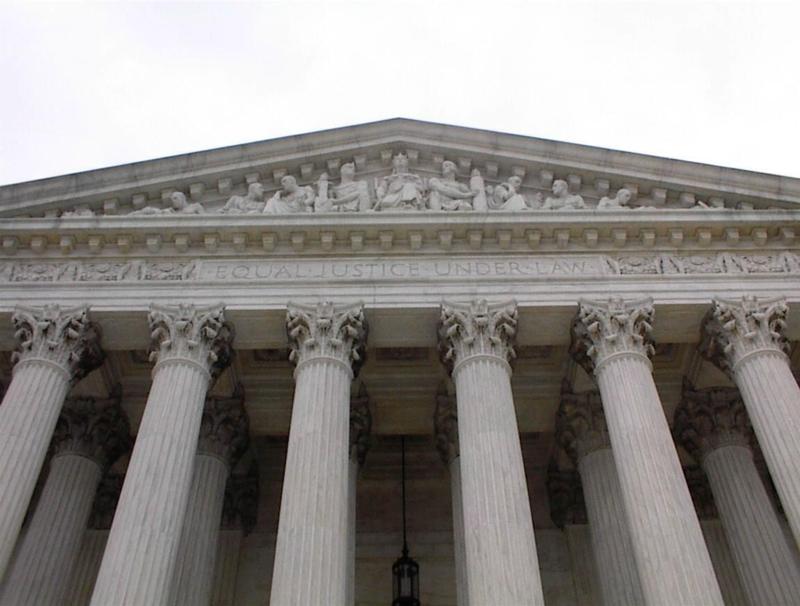
On June 8, 2020, the Supreme Court of the United States (“SCOTUS”) issued a unanimous ruling in one case, Lomax v. Ortiz-Marquez. The case originated from the U.S. Court of Appeals for the 10th Circuit and was argued before SCOTUS on February 26, 2020. The case: Arthur James Lomax is a prisoner at the Limon…
-
Mace wins Republican nomination in South Carolina’s First Congressional District
State Rep. Nancy Mace won the Republican primary in South Carolina’s 1st Congressional District, defeating Chris Cox, Kathy Landing, and Brad Mole. With 39% of precincts reporting, Mace had received 59% of the vote. Landing was in second place with 26%. Mace faces incumbent Rep. Joe Cunningham (D) in the November general election. Cunningham defeated…

